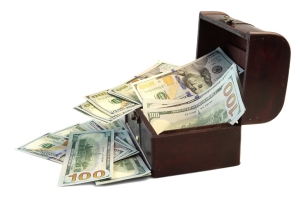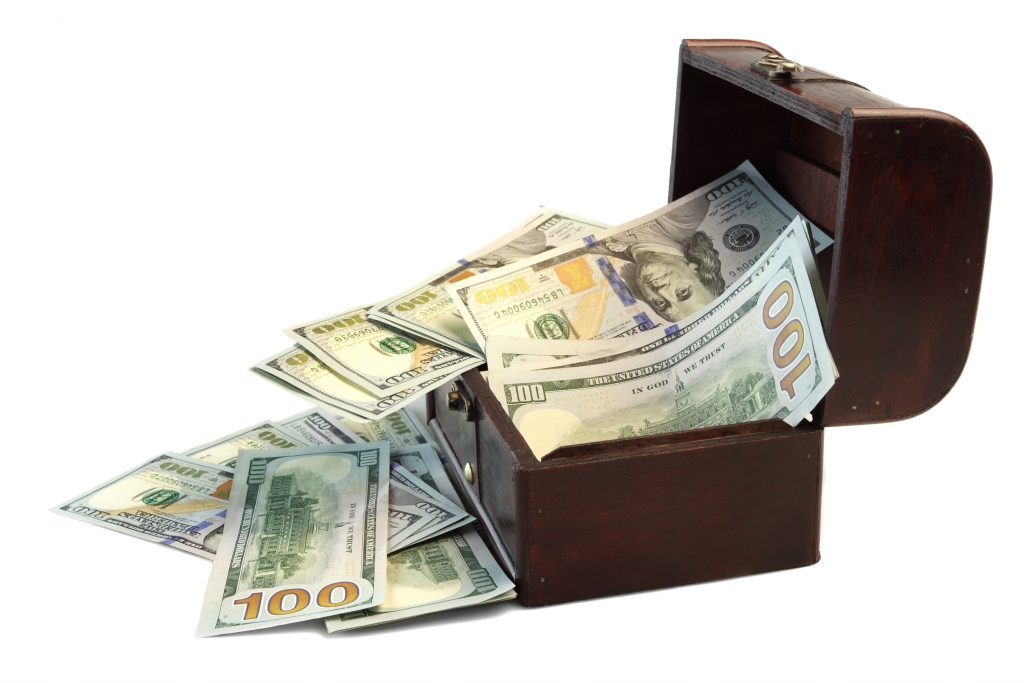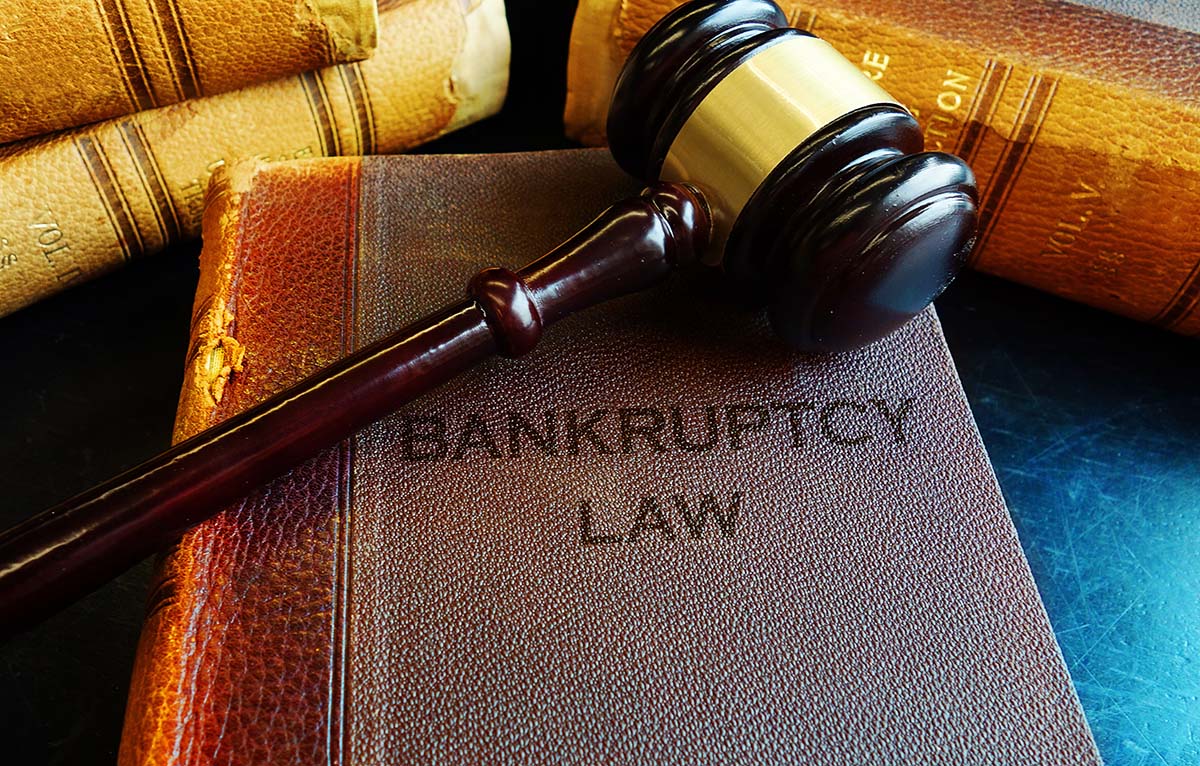Inheritance and Chapter 13 Bankruptcy
Bankruptcy proceedings aren’t always easy and straightforward. There are situations that can lead to complications, situations that make it difficult to determine whether the bankruptcy is still possible and if it will have a pronounced impact on one’s life. Imagine the following scenario – you’re crumbling under the burden of debt and you’re considering an Arizona Chapter 13 bankruptcy filing. While doing the research and moving forward, however, you receive an inheritance or a cash gift. Will this new change in your situation affect the bankruptcy proceedings? Will you get to keep the inheritance and Chapter 13 bankruptcy also move forward?
Will You Lose the Inheritance?
The most important question that concerns most people going through a Chapter 13 filing is whether they are going to lose the inheritance.
Just like in the case of a Chapter 7 bankruptcy filing, a lot of your property and assets will become a part of the bankruptcy estate in a Chapter 13 filing. This rule applies to assets and new property you will acquire during the Chapter 13 repayment plan. Unlike Chapter 7 bankruptcies, Chapter 13 proceedings last for a period in the three to five-year range.
When you receive an inheritance or a cash gift, it will be included in the bankruptcy estate. This, however, doesn’t mean that the inherited property or assets will be necessarily liquidated.
In a Chapter 13 bankruptcy, you agree to pay a certain amount each month in an attempt to cover debt. As long as you’re capable of making such payments, liquidation will not occur. Inheritances, however, could have another effect. If the inheritance has a significant positive impact on your financial situation, you may have to start paying a larger amount on a monthly basis.
Your bankruptcy trustee is the person that will have to make the consideration and determine whether an adjustment in the payment plan is necessary.
When Exactly Did You Receive the Inheritance or Cash Gift?
Just like in the case of inheritance affecting a Chapter 7 bankruptcy, the date on which you receive the property or assets will determine what the impact on the repayment plan is going to be.
If inheritance is received within the first 180 days of the bankruptcy filing, you will probably experience a reconsideration of the payment plan. Your bankruptcy trustee will ask you to pay unsecured creditors as much, as the amount equal to the nonexempt portion of your inheritance. This consideration is made on the basis of the fact that such an amount would be owed to creditors in Chapter 7 bankruptcy proceedings.
 The situation may be similar if you receive the inheritance after the first 180 days (this condition makes Chapter 13 filings different from Chapter 7 bankruptcies). The reason is simple – Chapter 13 repayment plans span three to five years. There is some chance for you to get the inheritance and keep the bankruptcy conditions unchanged. Arizona bankruptcy court will have to make a ruling and the case will be examined on an individual basis.
The situation may be similar if you receive the inheritance after the first 180 days (this condition makes Chapter 13 filings different from Chapter 7 bankruptcies). The reason is simple – Chapter 13 repayment plans span three to five years. There is some chance for you to get the inheritance and keep the bankruptcy conditions unchanged. Arizona bankruptcy court will have to make a ruling and the case will be examined on an individual basis.
Because things can get a bit complicated, you may want to check with a bankruptcy attorney in order to protect your inheritance.
A cash gift will be treated in a slightly different way. When a cash gift is received before the confirmation of your payment plan (but after you have filed bankruptcy), this amount will typically not be used to increase payments. Unlike inheritances, cash gifts cannot be used to pay back creditors in Chapter 7 proceedings.
Cash gifts, however, may become the reason for increased monthly repayments. This is usually true for cash gifts that are significant enough to change your current financial situation. Always consult with experienced bankruptcy attorneys about any inheritance and chapter 13 bankruptcy matters.





